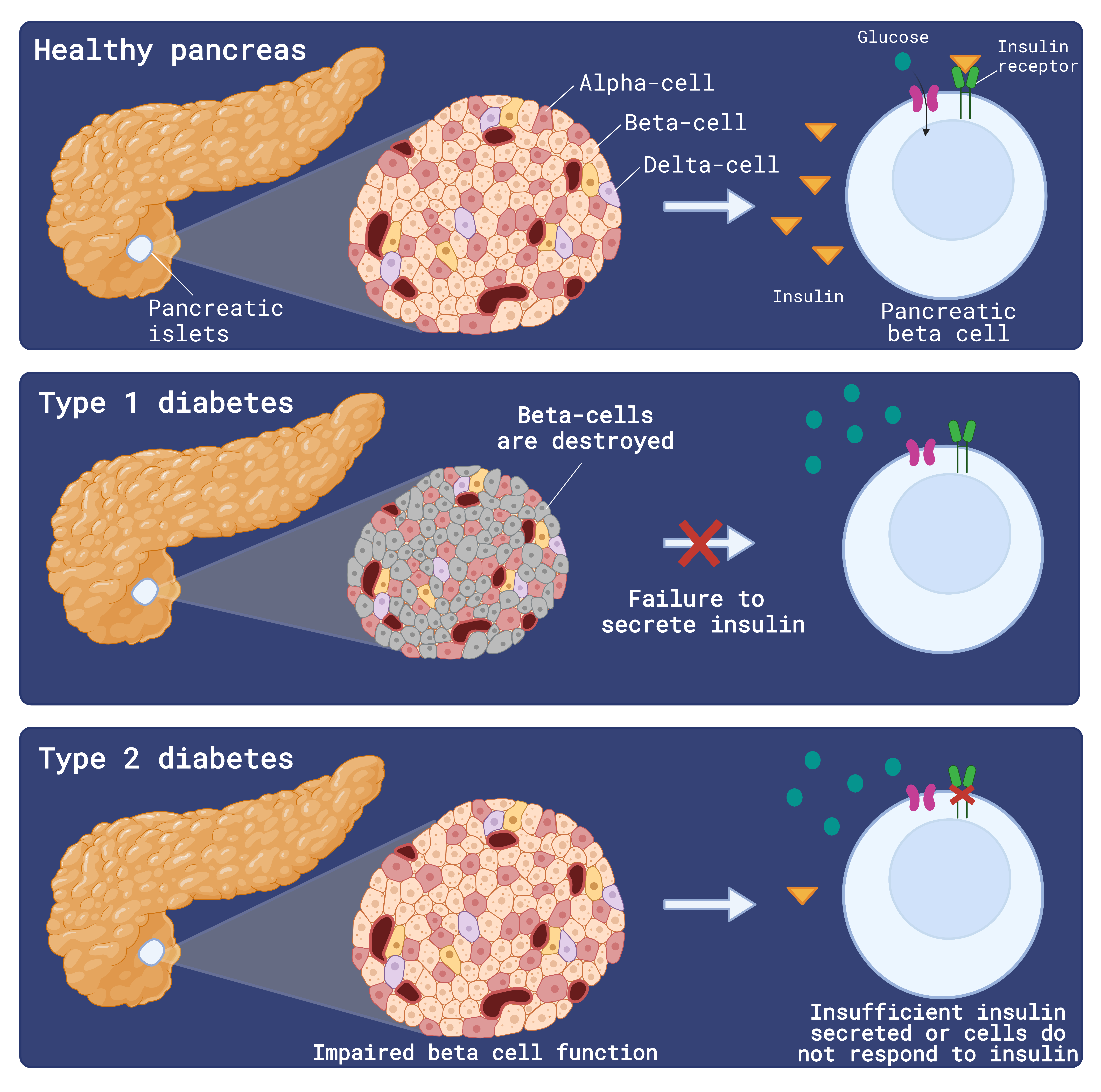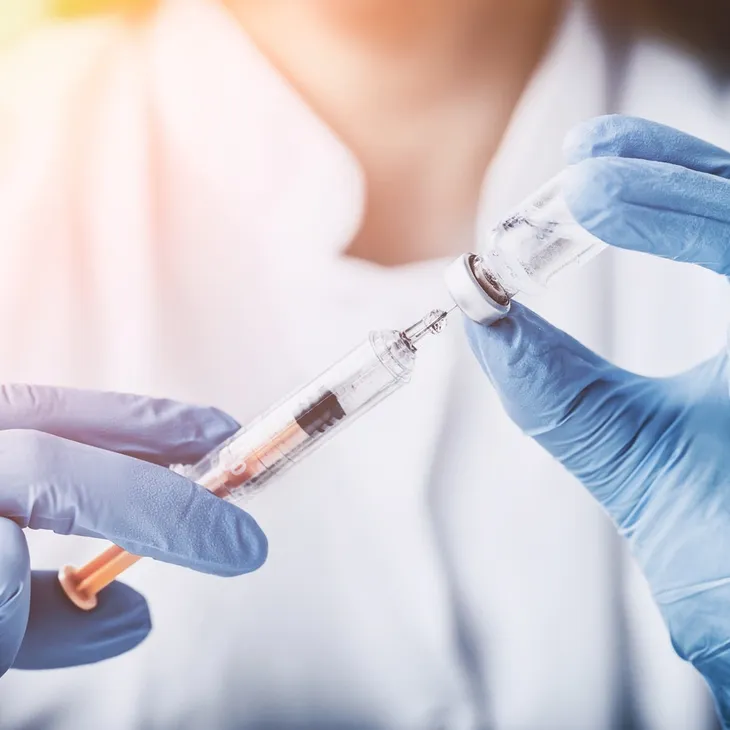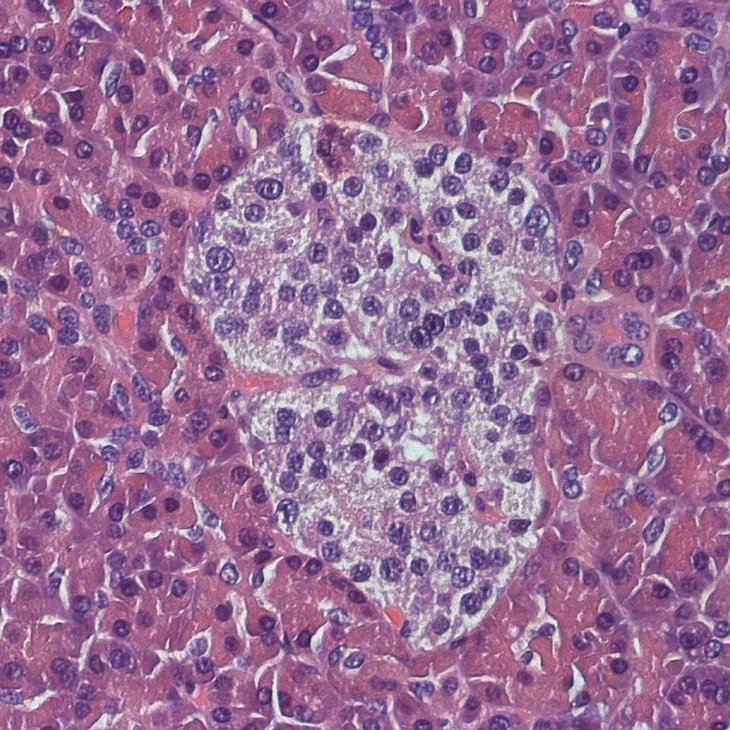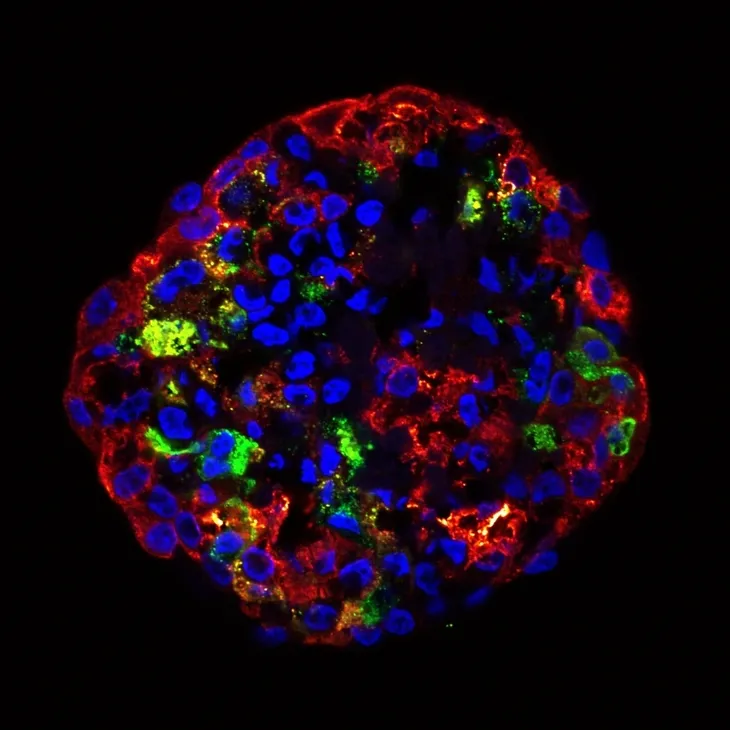Cell Replacement Therapy For Diabetes
Diabetes – A serious health problem globally and especially in the Asia Pacific
Diabetes affects more than 530 million people globally (IDF Diabetes Atlas 2021), with more than half of all diabetes patients living in the Asia Pacific region.
The incidence of diabetes is likely to continue growing due to the ageing population, increase in the adoption of Westernized diets and sedentary lifestyles, and rise in obesity.
A significant proportion of patients with diabetes experience defects in the function of the pancreatic islet beta cells, the cells in the body that produce insulin in order to keep blood glucose levels in control. Failure to manage high blood glucose levels and diabetes effectively will result in severe health complications and high costs of treatment.

Type 1 diabetes (T1D) and other insulin-dependent forms of diabetes
T1D is caused by autoimmune destruction of the insulin-secreting pancreatic beta cells.
There are also a number of rare forms of diabetes caused by single-gene mutations. In most of these cases, patients are diagnosed at an early age and require insulin injections throughout their life.
Type 2 diabetes (T2D)
T2D accounts for the majority (>90%) of all diabetes cases around the world, and is caused by pancreatic beta cell dysfunction coupled with insulin resistance.
Many T2D patients typically require long-term oral medication to control their blood glucose levels. Over time, progressive beta cell failure still occurs and there is an eventual need for long-term daily insulin therapy.
The Clinical Need for Beta Cell Replacement Therapy

Conventional Insulin Injections

Limited Availability of Human Islets


